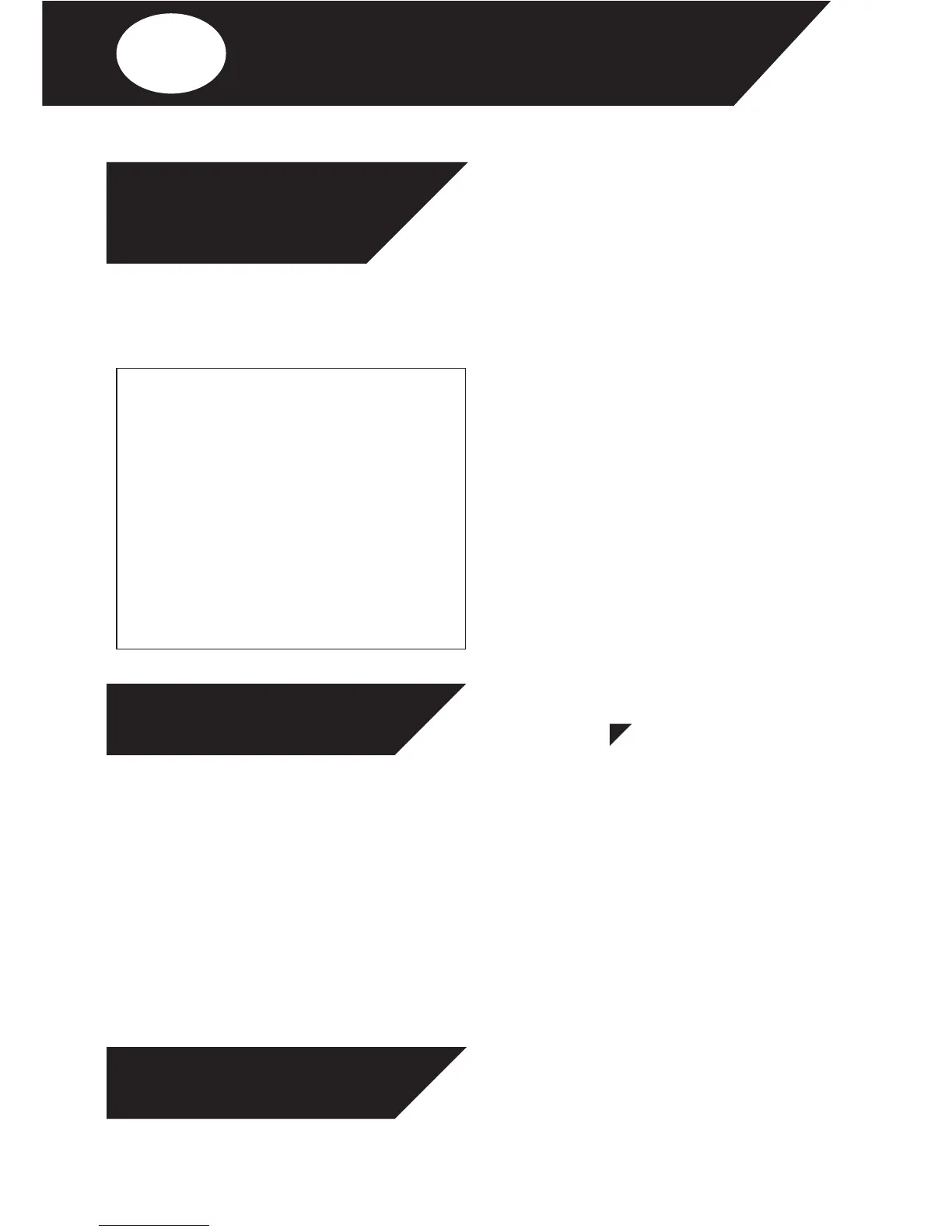GB
30
Please note that these instructions apply
to all KF models and therefore the acces-
sories/equipment described can vary from
model to model.
WARNING
Old refrigerators and freezers are often
fitted with complicated latches that can
only be opened from the outside. If you
have an old unit like this stored away
somewhere, or if you scrap it, remember
to destroy the latch to prevent children
from being exposed to danger by
getting locked inside the unit.
Note! Please also observe the environ-
mental rules on disposal. See section
“Disposal”.
Please read the sections on setting up and
building in, starting up, and electrical con-
nection before using your refrigerator/-
freezer.
On receipt, check to ensure that the free-
zer has not become damaged in transport.
Transport damage should be reported to
the local supplier before the refrigerator/-
freezer is put to use.
Fold out the final pages with illustrations.
You will then be able to follow text and
pictures at the same time.
For safety and operational reasons, do not
set up the cabinet outdoors, it should be
placed in a dry room.
The cabinet is designed for temperature
class N in accordance with European stan-
dard EN 153.
Never place the cabinet close to sources
of heat such as ovens or radiators, and
avoid placing it in direct sunlight.
It is also important that the cabinet stands
completely level. Adjust if necessary with
the screws under the appliance.
The surface on which the appliance is pla-
ced must be plane. Do not use a plinth or
similiar.
The refrigerator/freezer can be set up free-
standing against a wall - built into a kitchen
cupboard built in under a kitchen worktop -
or lined up with other models of the same
width.
It is also important that the refrigerator/fre-
ezer stands completely level and that there
is good air circulation under, over and aro-
und it. Air circulation must be sufficient to
dissipate the heat given off through the
sides of the cabinet and from the compres-
sor. The necessary air clearance is given
in illustration .
1A shows two models combined and built
into a kitchen cupboard. Where
kitchen temperature can be held
below 25°C, the models can be placed
tight against the wall.
1B shows the refrigerator/freezer built into
a kitchen cupboard.
1C shows the refrigerator/freezer built into
a kitchen cupboard with air intake in
the plinth recess and air outlet at the
back of the cupboard. Note that the
cabinet is built in without supporting
rails.
1D shows the refrigerator/freezer free-
standing against a wall.
